The index has risen, but the money hasn't come back.
Once again, I've been deceived by this market.
When the index falls, retail investors lose money; when the index rises, retail investors still lose money. Why is that?
Have you ever wondered why the sectors and directions that rise each time are never the ones you've invested in?
What is the root of the problem, and what is the essence?
Is it because the main force knows every move of the retail investors?
Or is it due to the mentality and operations of the retail investors?
In essence, there is only one thing, and that is the chips.
The main force always speculates on the directions that retail investors do not buy because there are many cheap chips in that direction, fewer retail investors, and less selling pressure.
The main force's washing of the market is because too many retail investors have boarded, and there is a situation of profit, so it is necessary to let as many retail investors get off as possible.The main force's lift-off is initiated at the moment when retail investors can no longer endure, the moment you just hand over your chips, he starts to rise sharply.
The main force is indeed watching every move of the retail investors.
The behavior of a retail investor is called an individual case, a special case, the behavior of a group of retail investors is actually relatively unified.
Retail investors' judgment of the market is quite different, but also similar.
The hearts of retail investors, or the behavior of human nature, are also similar, almost the same.
When retail investors become a group, and their actions are unified, it is natural to lose money.
Many retail investors always think they are smart, but in fact, they are the group of the foolish, the group of being cut leeks, and there is no way out.
The game between the main force and retail investors is focused on the chips.
The main force, at a low position, tries every means to deceive retail investors' chips.
At a high position, it tries every means to sell the chips to retail investors.All the news, short essays, various internet trolls, including the trend of K-lines, are all used to confuse retail investors into taking over.
Think carefully, a stock that has risen several times, do you think the main force will still want a large number of chips at a high position?
It's not because of the greed of retail investors that they fall for the main force's trap.
The essence is the game of chips, but in fact, it has exploited the weaknesses of human nature.
If you have a calm heart and make an objective and rational analysis, there will not be so many wrong transactions.
You need to understand a truth.
The real main force makes money by buying low and selling high with chips, which is exactly the same as you.
Those who say that the main force can make money by short selling are talking nonsense.
If it is really possible to make money by short selling, then everyone would just sell, and the stock price would not rise at all, because there is no need to rise.
No main force in the A-share market has made a fortune by short selling, only by buying low and selling high.Therefore, on the way down, during the bottom's fluctuation, it is all about trying every possible means to deceive and get hold of the chips, and at the top, it is about fooling people and finding someone to take over the position.
When you understand the nature of the market and the intentions behind the capital, then there is a possibility of making money.
In the stock market, there is no such thing as an absolute high or low price, only expensive and cheap.
Retail investors want to make money, they need to define what is expensive and cheap about the stock price, and only then can there be the concept of buying low and selling high.
So, when is the stock price cheap?
Here are four of the simplest strategies, along with the corresponding timing.
First, when the market has been declining for a long time.
A stock that has been declining for a long time may not necessarily present a good buying opportunity.
However, if the entire stock market has been declining for a long time, it will definitely provide a good opportunity to buy in.Retail investors become more fearful as the market falls, while the main forces become happier with each drop.
These two completely different attitudes stem from their control over chips and profits and losses.
Most of the time, retail investors are fully invested, naturally becoming more afraid as the market falls, and the more likely they are to hand over their chips at lower levels.
But the main forces are different. After cashing out at high levels, they must build positions in batches at lower levels.
When the market has been falling for a long time and the overall market has become cheaper, they will start to collect chips in an orderly manner, and they are cheap chips.
Smart retail investors can also enter the market at this point, of course, the premise is that they still have enough money in hand.
So, when the market has been falling for a long time, the chips must be cheap.
Second, when the market funds are scrambling for chips.
There is another time when the chips are cheap, that is, when the market is ready to scramble for chips.
It seems that the stock price has risen a lot, and the chips are no longer cheap.That is based on the premise of having little capital and expensive stock prices.
When there is a lot of capital, the chips will become scarce and thus more valuable.
Therefore, most stocks will experience an increase in trading volume, and it is a huge increase, during their rise.
A part of the huge volume is due to a significant withdrawal of funds, and another part is the result of a large influx of capital.
The scramble for chips by funds will definitely be reflected in the price and volume. For retail investors, when they notice a stock continuously rising and the price of the chips continuously rising, it is the scramble for chips by funds.
Once there is a lot of capital and few chips, then the scarce chips appear cheap, not expensive.
Of course, if you find that the volume has increased and the chips can't be bought out, then the chips must be expensive.
Thirdly, when there is a lot of room for imagination.
When a stock has a lot of room for imagination, the chips will also appear cheap.
The stock market is not an equal game, but a game where the risk-reward ratio changes.For example, a stock that costs 5 yuan, in the absence of performance risks, has a low probability of falling to 2 or 3 yuan, so the downside is only 30-50%.
However, a stock that costs 5 yuan has the potential to rise to 10 yuan, 20 yuan, or even 30 yuan, 50 yuan.
After a listed company is hyped, it is possible for the stock price to increase by five or ten times.
When the imagination space is opened, the capital will overestimate the price of the chips, so it is also a cheap chip area at present.
Therefore, the key to the problem is the reason for the hype, whether this stock has the imagination space at present.
Themes and opportunities are a key factor in the imagination space.
Fourth, when the performance expectation is clear.
There is another type of stock that will appear to be cheap, which is when the performance expectation is very clear.
For example, if this supply company can earn 1 billion this year, 2 billion next year, and 3 billion the year after, then the stock price will rise significantly.
The valuation is not estimated according to the present, but according to next year and the year after.Capital can overdraw stock prices because the performance expectations of listed companies are very clear.
Capital does not have to wait until next year's performance is announced to boost stock prices, as the performance of each company is dynamically changing.
When certainty is high and there are always orders in hand, the advance speculation of capital is a good opportunity.
Stocks that seem expensive now will appear cheap in 2-3 years, that's the logic.
This is also why listed companies in high-growth industries often have very high price-to-earnings ratios, and the stocks that rise the most are also this part.
Capital is always one step ahead of retail investors, grabbing chips and making layouts.
When retail investors realize it, it is often too late, and the main forces have already started to sell chips.
Being aware and perceptive first is the key to surviving in the brutal stock market "war".
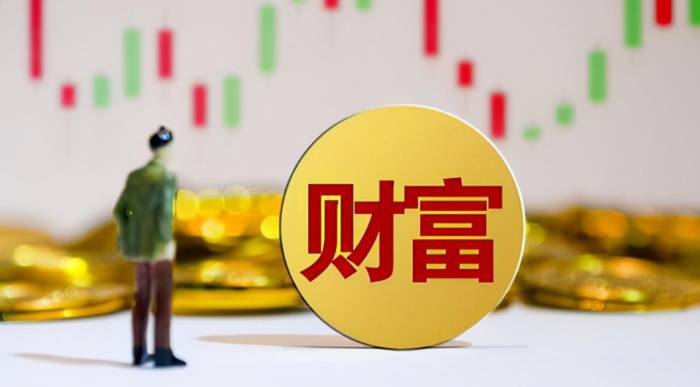




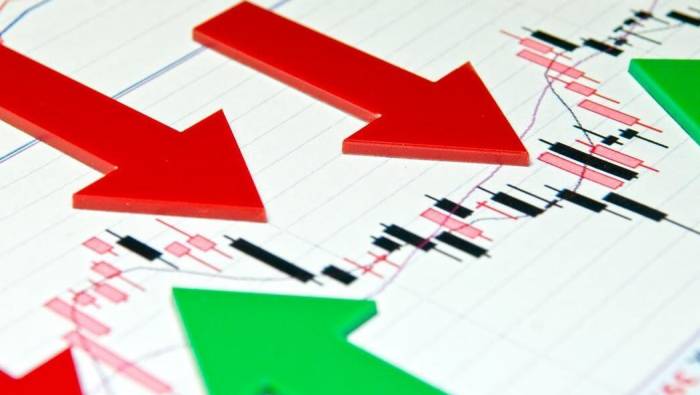

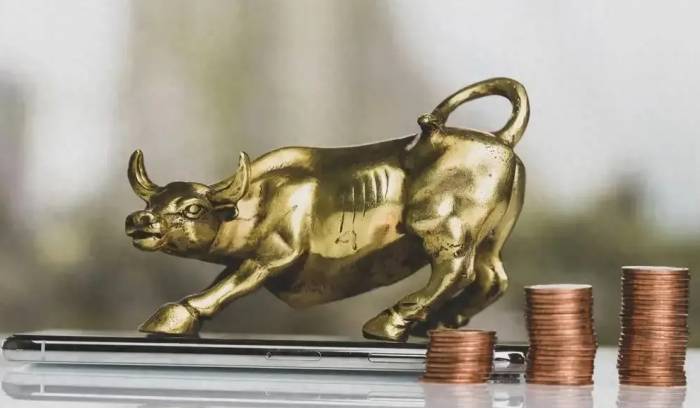


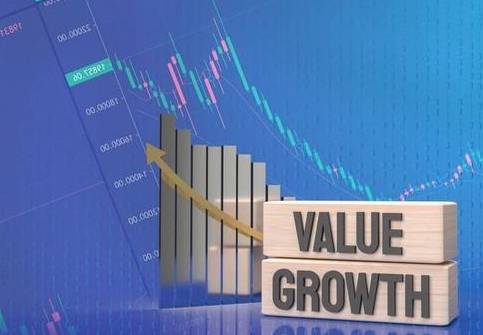







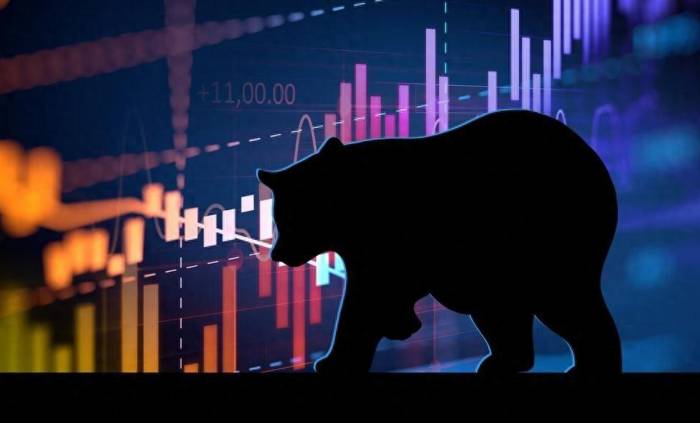







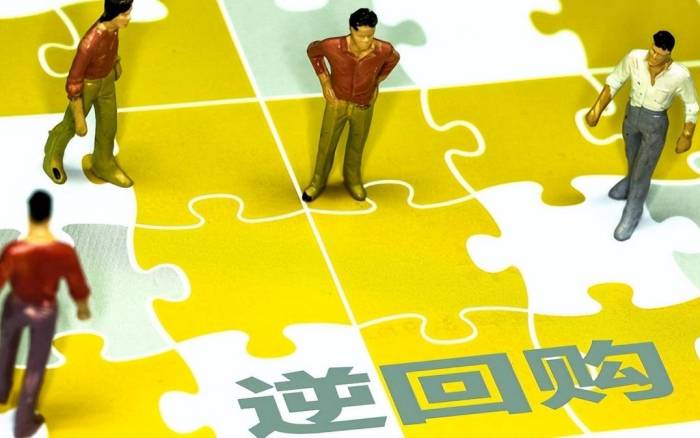

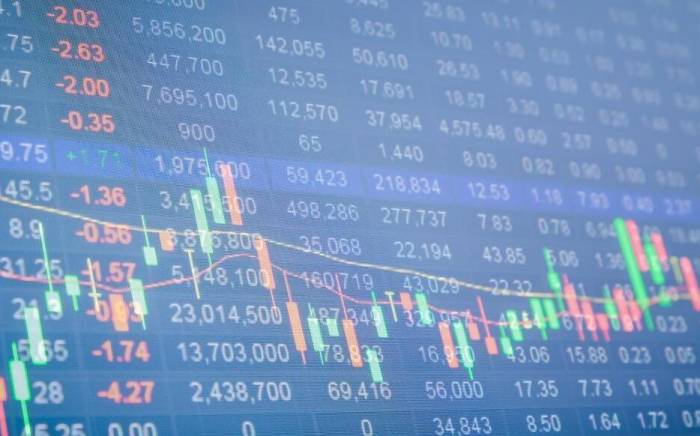

Join the Discussion